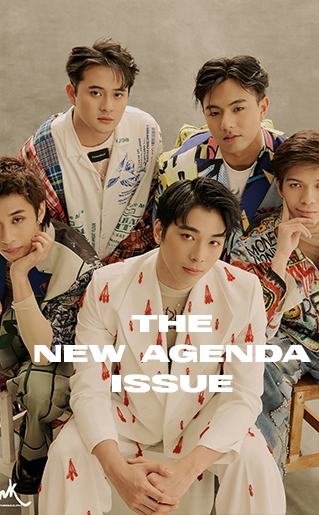Over the past week since America’s election day on Tuesday, November 3, 2020, the world has been keeping its eye on one of the world’s biggest models of democracy, and tension was high across the country and the world in anticipation of the next U.S. President. The fight was between the incumbent President Donald Trump and former Vice President under the Obama administration (2009-2017) Joe Biden.
To say it was a tight competition would be an understatement, as it seemed that the two candidates were always a mere ten or less votes between one another. As the United States of America runs on a different democratic model than that of the Philippines, being a federal government, counting the results underwent a process most of us might not be all that familiar with, involving the Electoral College.
The very brief explanation of the Electoral College is this: voters don’t actually vote for the presidential candidate, they vote for the representatives (Democratic vs. Republican party) of their state who will then, in turn, elect who the next President will be. The number of electoral votes vary depending on the size of the state, with a total of 538. First to receive 270 electoral votes will be named President. In the case of this year’s elections, Biden received 290 votes, naming him the 46th President of the United States of America.
In the first few days since November 3, Trump was ahead by only a few electoral votes, which he immediately took as a sign that he was sure to bag a second Presidential term. Trump made a premature speech about his win on Thursday, urging representatives to “stop the count” as any votes to come in would, according to him, be fraudulent as part of the opposing party’s attempt to “steal” the elections. As many young voters would be mailing in their ballots back to their home states, a chunk of the latter counts were largely driven by these votes from the youth—a segment of American society that Trump is not very popular in, to say the least.
A report from the Center for Information & Research on Civic Learning and Engagement stated that a projected voter turnout of 56% was recorded among the youth, a significantly higher percentage compared to previous elections. In fact, a big contributing factor to Biden’s win is the youth’s promotion of him—or rather, a promotion to get Donald Trump out of the White House following 4 years of high racial tension, a denial of climate change, an absentee plan to combat COVID-19, and a lot of other instances that bring “big bad bully” to mind.
Perhaps the general disagreement of the youth against the former President was really the key to Biden’s win, as in truth, many young voters still were not major fans of the new President-Elect. But they still made the effort to cast their votes and mail in their ballots to prevent Trump from getting another term.
If this tells us anything, it’s that not voting still makes a difference—and not a very good one at that. If, come #Halalan2022, you aren’t particularly fond of any of the future candidates, bear in mind that you not voting is still a vote for someone you wouldn’t want to win. If you feel like your vote doesn’t matter anyway, because “nothing’s going to change,” remember that a lot of people might be thinking the same way, and that might just be the reason we get a non-satisfactory result. Register, research on the candidates, and vote for the one you genuinely think can make a good difference for our country.
If, by any chance, you still really aren’t feeling any of the candidates, vote against the person you think would make the worst damages to our human rights, international relations, and overall local politics. A vote against them still counts, but a vote not cast at all is as good as a vote for them.
This is a crucial thing to remember as we approach the nearing national elections in 2022, where many of our most powerful leaders will be elected—including the Presidential seat. With this, the youth is highly encouraged to step up and make their voices be heard by taking up their duty to vote and participate in the next elections. Especially as we are amidst an incredibly important time in history where good leadership is essential to survive.
We must look at our relationships with other countries, with the environment, and with the minority communities across our own borders. What the recent Presidential elections in America teaches us is the unparalleled power of the youth in turning the tide against a leader who makes considerable damage across these three areas.
After Joe Biden was named President on November 7, Saturday, Filipinos online were also very vocal in encouraging one another to vote and be active in our own side of the political world. In fact, #Halalan2022 and “TAYO NAMAN” were trending topics on Twitter the whole day, fueled by the youth’s cry for change in our own country.
Let this be a reminder that democracy is not dead. Not in America, and not in the Philippines—as long as we don’t allow it. Take up your duty to register and vote, despite the extra steps provided by quarantine protocols, because our country’s fate might just lie on you and your friends’ few votes. One vote can make all the difference in the world.
**Click here for more details on how to register in this New Normal.


